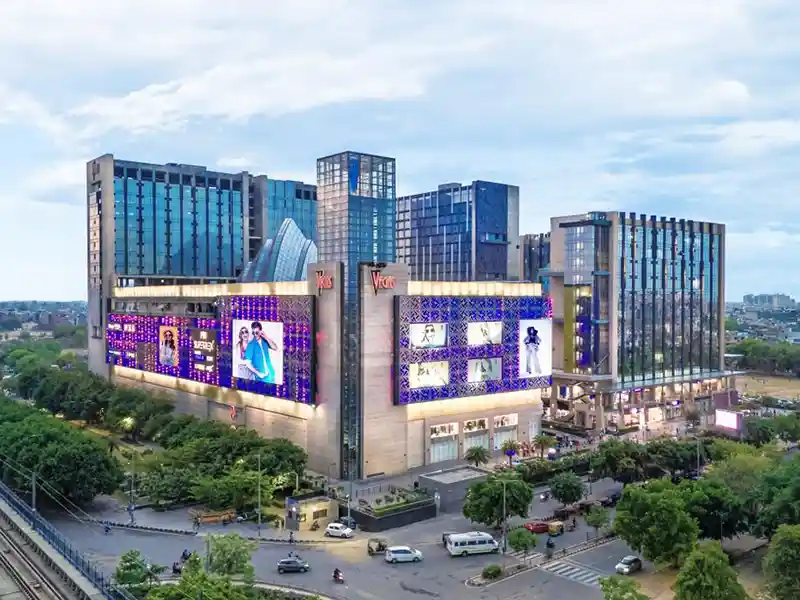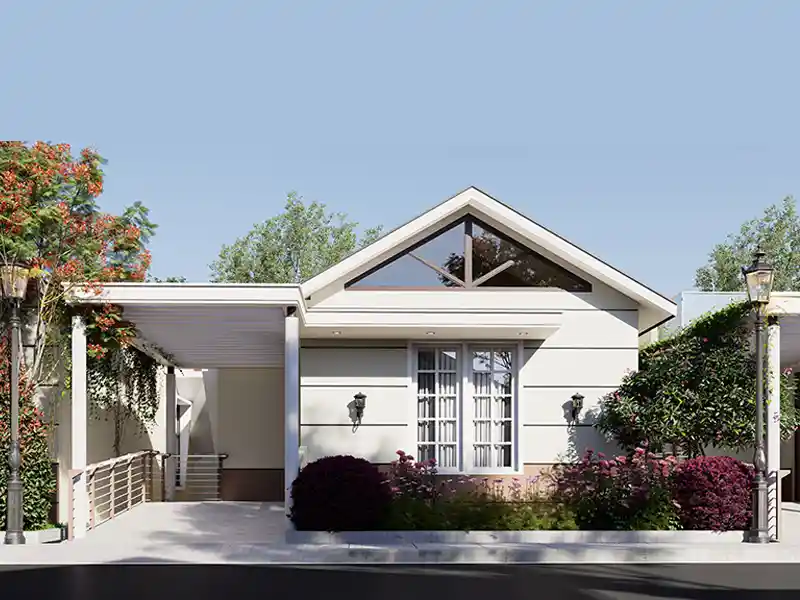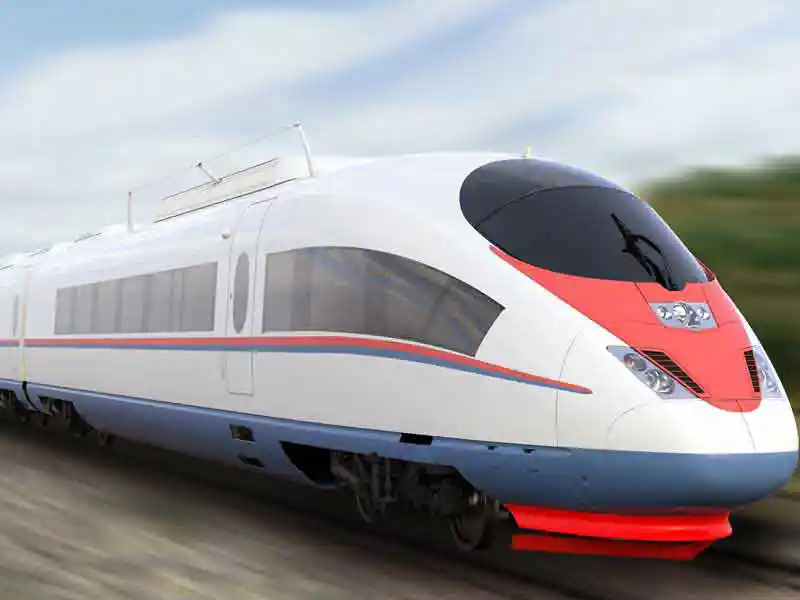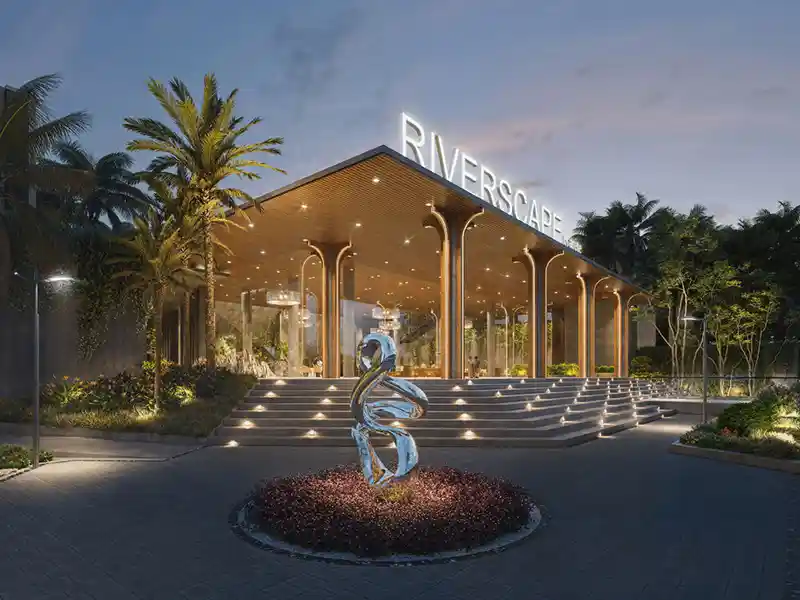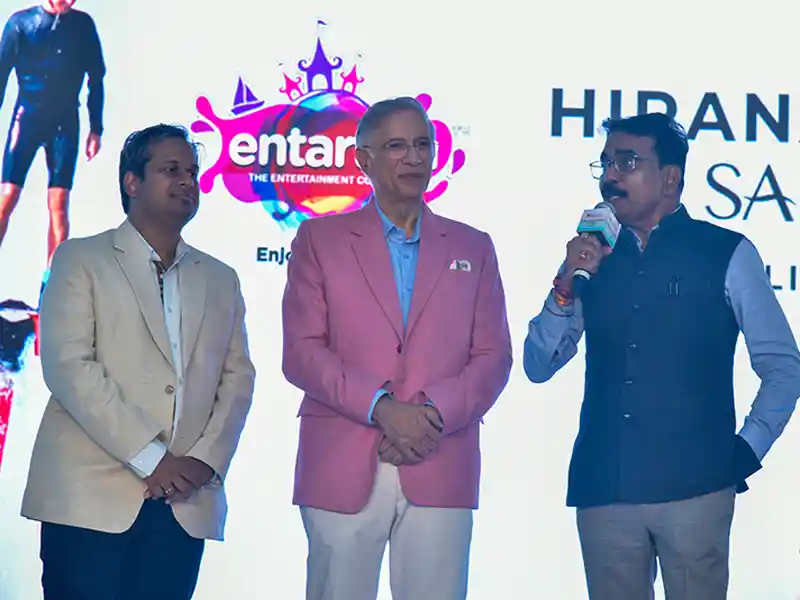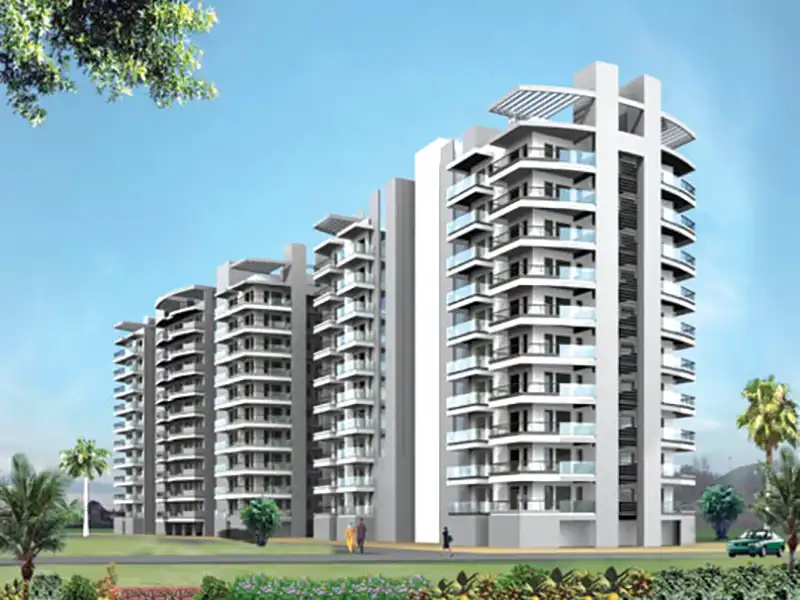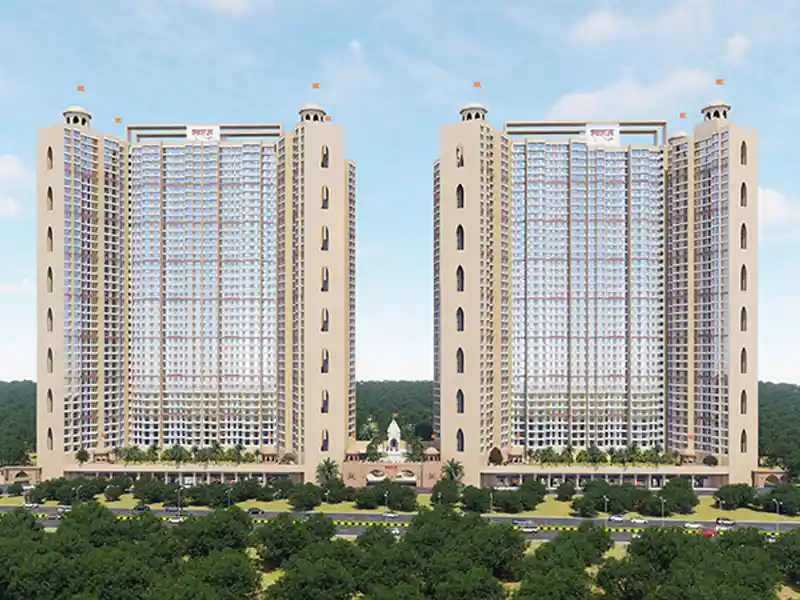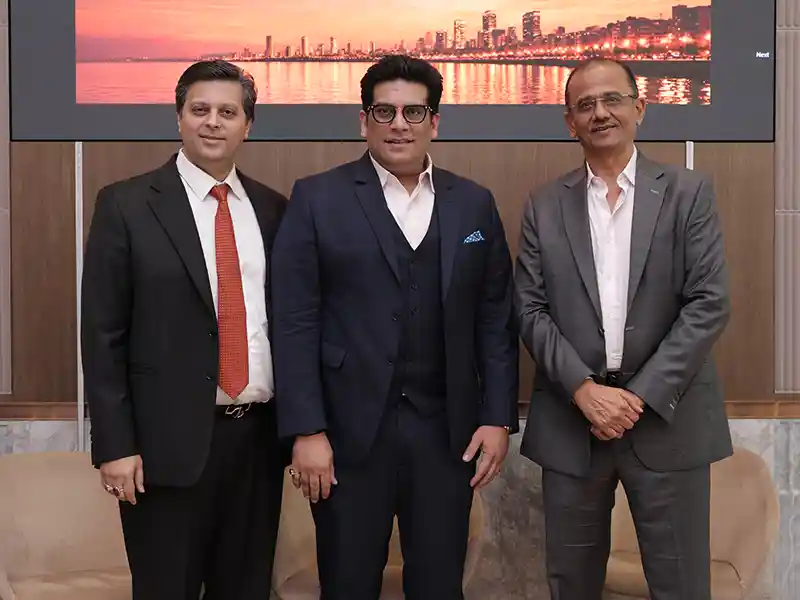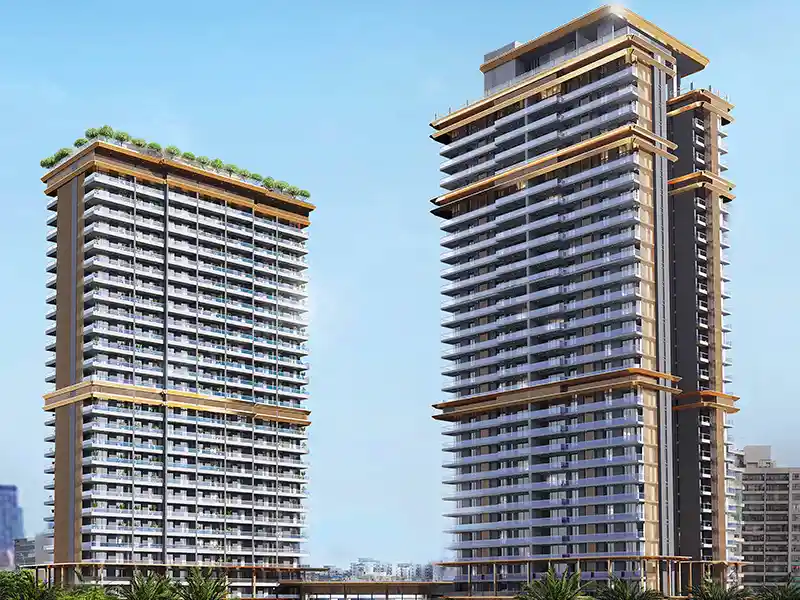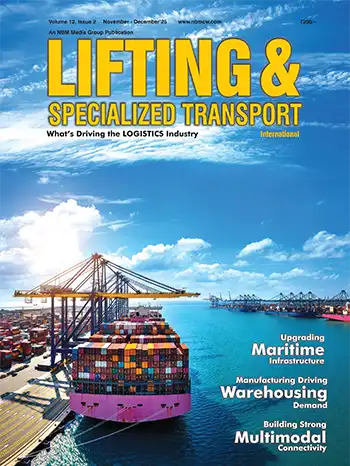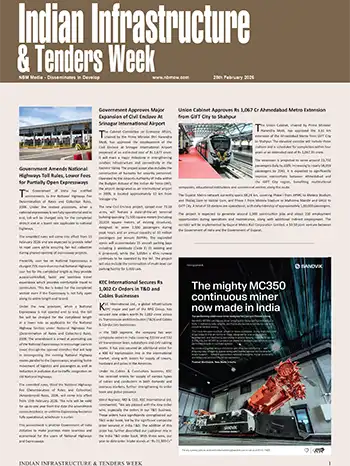The workshop was held as part of a Memorandum of Understanding signed between Tabreed India and Deutsche Gesellschaft für Internationale Zusammenarbeit (GIZ) GmbH’s ‘Energy Efficiency Cooling’ programme, jointly implemented with the Bureau of Energy Efficiency (BEE), Ministry of Power. The partnership underscores a shared commitment to accelerating and democratizing district cooling solutions through bilateral exchange, capacity building, knowledge awareness, and project development activities.

Dr. Vijaya Baskar, Member, State Planning Commission, provided insights on the state’s perspective and plans around sustainable cooling. Presentations by Tabreed India’s representatives highlighted potential case studies for District Cooling in Chennai and more broadly Tamil Nadu. While technological research will need to progress, greater focus should be put on enabling commercial and large-scale viability of innovative solutions that integrate solar power, waste to energy plants, city gas distribution networks, and so on.
A roundtable facilitated a dynamic exchange of ideas on the practical implementation of district cooling technologies. Moderated by Sudheer Perla and Nikhil Kulkarni from C40, the discussion pinpointed opportunities and addressed challenges, focusing on diverse sectoral perspectives to forge feasible solutions for widespread adoption of sustainable cooling. “The lack of long-term thinking, and siloed approach across the value chain are major challenges in the transition to innovative cooling solutions like District Cooling,” added Sudheer Perla.
Reflecting on the day’s accomplishments, Perla commented: “The workshop has not only highlighted the critical role of district cooling in meeting our urban cooling needs but also broader climate goals and targets set by the government. With the foundation for collaborative action set, Tabreed is committed to driving the adoption of efficient, environmentally friendly cooling systems that align with Tamil Nadu’s sustainability objectives. We commend Tamil Nadu’s leadership in promoting District Cooling & Energy through strong policy framework and showcase projects and pilots across Chennai.”
Said Rahul Agnihotri, “If District Cooling is incorporated into greenfield projects, it will result in more greenhouse gas reductions and cost savings due to integrated resource planning and usage. The State Planning Commission (SPC) under the guidance of the Environment and Urban Development departments is driving state efforts for district cooling. SPC has prepared an action plan for large-scale adoption of District Cooling projects at the state level.”
Nitin Jain, informed that the regional workshop will pave the way for uptake of District Cooling projects in Tamil Nadu by bringing together important stakeholders involved in the field. “With energy efficiency being one of the focus areas of cooperation with India, GIZ continues to support and promote District Cooling as an energy-efficient alternative to conventional cooling systems. It will help create an enabling ecosystem for the upscaling of sustainable cooling in the country.”
The event marked a pivotal moment for stakeholders to align their efforts towards implementing district cooling solutions that promise significant environmental and economic benefits. A common shared vision for sustainable cooling acts as a catalyst for collective action, enhances public confidence, supports feasible business models, and maximizes environmental and economic benefits.

